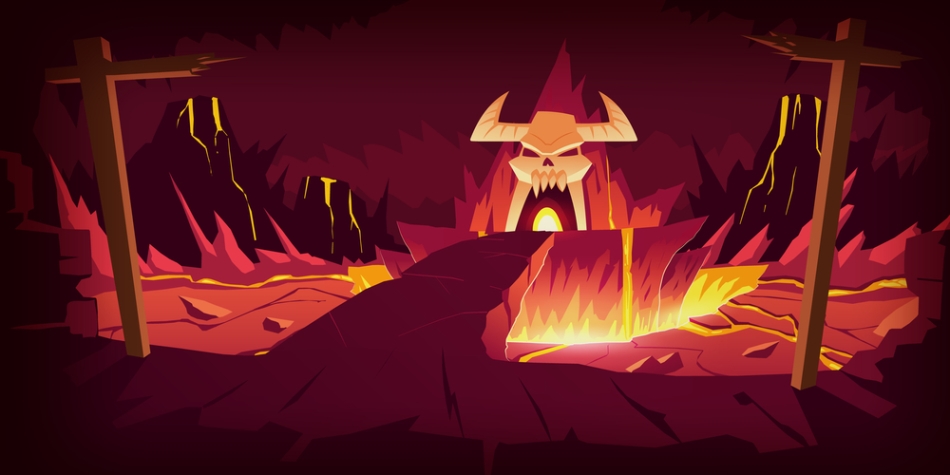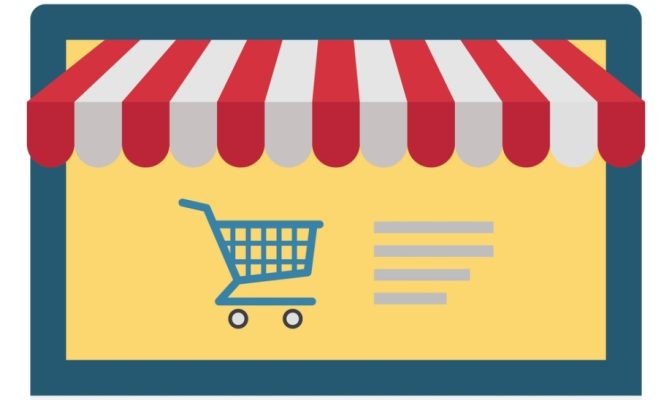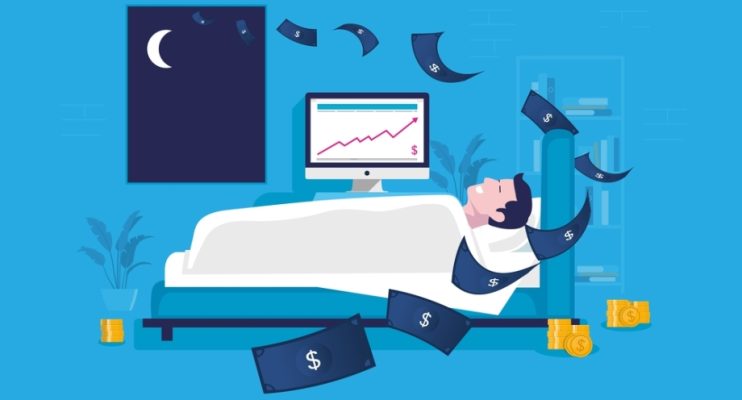
It’s finally done and I need to get it off my chest. Today, we’ve finished porting our digital products to another storefront provider (actually to three others), and we don’t any longer need the conceited and disrespectful Gumroad club to handle our sales. What a relief!
It was a daunting, crazy tiring project, and it took us more than two months of hard and stressful work after the infamous retraction of PayPal as a Gumroad payment option in October, 2024.
The PayPal-removal action of Gumroad (although it was actually PayPal who ditched Gumroad) was “the drop overflowing the bucket” forcing us to make the (already anticipated) step and really start moving away from Gumroad, that is, getting the hell away from Sahil Lavingia – Gumroad’s owner, who factually calls himself GOD and wallows acting in his so-called GOD-mode (no joke).
We’ve been six years with Gumroad and I need to say that their storefront product developed well, gradually becoming technically mature, feature-rich, and well-programmed. Nevertheless, Gumroad also became an increasingly conceited ensemble, disrespectful to its creators, while giving little to no support to creators’ questions, technical problems, or feature requests.
You just need to lookup their Twitter account (X) to get an idea of the complaints and the way they (often don’t) respond. Horror. After the unexpected Paypal removal last October many creators couldn’t receive their payouts any longer … until today. And moreover, there was and still is very little help from Gumroad’s virtually non-existing support team.
No explanations, no “We’re sorry and looking into it,” and subsequently there are many creators outside the USA that still wait for their money. It’s a total disgrace and Sahil and his team don’t make the slightest effort to seriously address the payout problems or to respectfully answer creators.
To be honest, Gumroad at some point indeed presented some half-baked solutions being generally insufficient and inadequate. Many international creators from Brazil, Japan, India, other South East Asian countries, and other non USA-countries couldn’t switch to Gumroad’s so-called “solutions” such as direct payout through bank accounts or Stripe payouts, simply because those solutions weren’t and aren’t (fully) supported by the financial systems in those countries, or by Stripe for that matter.
You need to know that independent creators outside the USA often depend heavily on PayPal payouts, and after PayPal stopped doing business with Gumroad they were confronted with a big issue. By the way, Gumroad never explained what happened, and why PayPal was gone. But the question is probably easy to be answered: Gumroad (read Sahil) had a long “road” of issues with PayPal; they weren’t exactly friends and Gumroad had it coming.
The signs were there all along: over the years our payouts were often delayed because PayPal would block Gumroad payouts to creators. In addition, there was clearly a feud between Gumroad and Paypal about accepting and selling certain NSFW content (adult content) on the platform. Anyway, not hard to deduct that Sahil wasn’t on good terms with his PayPal account manager. But whatever the case, it were the creators who suffered from that unhealthy relationship.
In the meantime, Gumroad as always still ignores most issues and problems (it’s never their fault) and keeps on developing new storefront features, and through Sahil’s Anti-Work mother company continuously ventures into all kind of new (AI) directions, creating evermore products to making evermore money, while incessantly boasting about their achievements.
Although Gumroad itself is technically a good storefront product, it’s especially the way it’s managed people-wise toward their creators that made us finally leave. For instance, you would rarely receive information about newly implemented features, which you would then suddenly discover in your storefront or on product pages. Some good, some less good, but it’s about INFORMING your creators what’s going on.
In fact, every digital store and creator is different and not everybody wants or needs new features, which sometimes even work adversely for sales. Moreover, some of the “features” (notably those of which Sahil thinks it would instantly make him more money) were and are not possible to turn off.
For instance, at some point we discovered that customers would suddenly receive an email after five days to leave a review about a product they bought from us (of course, the idea is to remind them of your site and incite them to buy more). Well, that’s something you don’t always want and we had no way of turning it off. You see, in our particular case, customers would sometimes buy ten products at once in the shopping cart and would be emailed ten individual emails after five days to leave a review. Super annoying and intrusive.
Surely it would have been better if Gumroad would have given an option that you could mention in the email the customer’s receive after buying a product that they CAN leave a review on the product page if they would want to. Much better, much less intrusive.
Now, on our request to Gumroad to change this or at least give us an option to turn the review request emails off, the answer of a member of the support team (which at the time seemingly now and again still existed) was: “We decided for now to do it like this.” That was the reaction. Finished. And that’s what I mean with total disrespect and conceitedness.
Over the years, Gurmoad became hell for us. You could not ask anything or get a rude or entirely incomplete answer back … or just simply no answer at all (and this was the case for most creators, by the way). Too often at their own discretion they would change the functionality of the platform or the conditions of use without any warning or information beforehand, not to talk about the various sudden changes in pricing schemes we went through with them of which the next raise will come in January 2025 (so-called for their Merchant of Record tax services).
Basically every single week, I needed to walk through the platform to see what was new (or taken away) and what the impact would be for our product presentation and sales. Tiring, scary, obnoxious. In the end, we wouldn’t ask for anything any longer and take it for what it was. A very unsatisfactorily situation, but we knew how hard it would be to find another storefront provider who would offer the technical characteristics we needed and the time it would take us to actually move away, and therefore we hesitated to make the switch.
At any rate, we think the whole hell road taken with Gumroad was actually a whole bunch of lessons learned. The most important one is to never only bet on one horse, as the saying goes. There are too many issues that can come up: a payment processor option that isn’t supported any longer, structural payout problems, undesired or adverse platform changes, degradation of support service levels, just to give you some examples.
To avoid serious disruptions to your digital products sales you should at least have two storefront providers you work with (which I agree means quite some effort to maintain), and moreover — you need to be able to quickly switch (programmatically i.e. software-wise) between one or the other when it comes down to it.
Another lesson learned is a very general one, that is, when a business becomes commercially successful it’s not uncommon that the company (the owner and management) becomes conceited and disrespectful. They feel they have become God and their customers are so plenty that they don’t care any longer to treat them decently. Losing a few thousand customers here and there is the least of their problems, seemingly. It’s happened a lot and it’s still happening, it’s probably part of how human beings are. Just look at Google, Tesla, and Amazon, for instance.
But okay, it’s done for now. We’ve finally moved away from Gumroad’s b*llshit, and we’re moving on; a bit more careful and a bit wiser. I know it’s wishful thinking (especially with the AI virus that has been infecting almost every single web company), but I hope that the year 2025 will be somewhat calmer.













